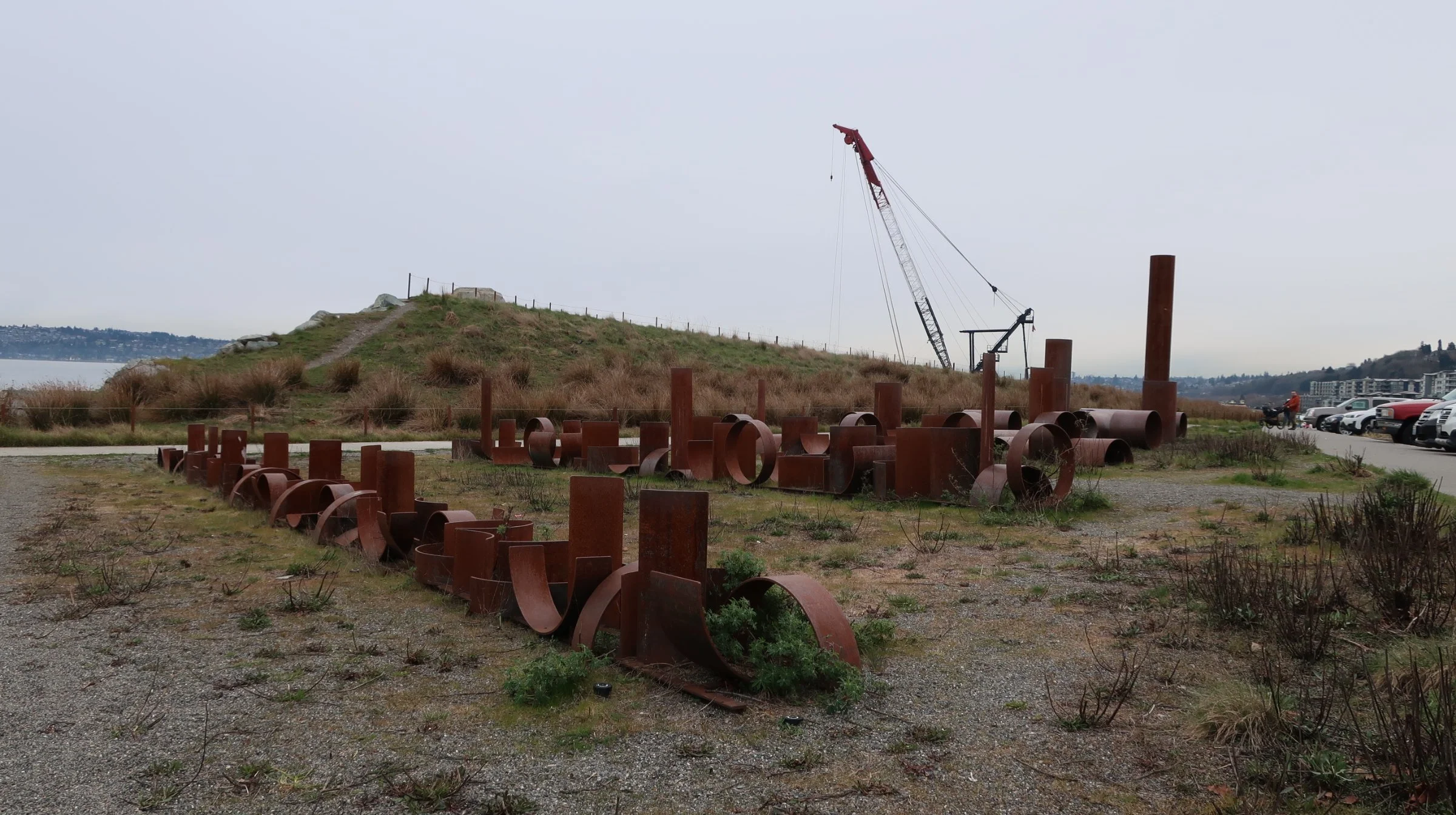Tom Skinner released “Voices of Bishara” in late 2022, and assembled a reworked version of the studio band to play the material live—with Robert Stillman (tenor sax) and Chelsea Carmichael (tenor sax and flute) replacing Shabaka Hutchings and Nubya Garcia on woodwinds, and with Kareem Dayes and Tom Herbert continuing on cello and bass, respectively. In early 2023, that live band played the venue “mu” in London over a couple nights, and “Voices of Bishara Live at ‘mu’” is the impressive result. The original “Voices of Bishara” is a supremely enjoyable album, but this live record surpasses it. These renditions of the tracks from the studio album are so vivid and daring, and then the covers here—of Tony Williams’s “Two Pieces of One: Red” and especially of the three Abdul Wadud tracks, “Oasis,” “Camille,” and “Happiness,”—are total showcases for this band and give a ton of insight into Skinner’s inspiration and the way the band works together.
The live version of “Bishara” is a universe expanding. Over 15 minutes, the band emits and shapes great clouds of sound, the strings and woodwinds on parallel pathways, with Skinner’s percussion acting as a boundary, guiding, adding structure and further dimension.
For “Red 2,” both studio and live versions, the band takes one of the initial riffs from the Williams tune and builds the track from that. This live version feels a little more lived-in; a great flute solo here from Carmichael in conversation with (I think) Dayes’s cello; Skinner again knowing when to bring in noise and clatter, and when to push things forward.
Both “The Journey” and “The Day After Tomorrow” sound incredible here. There’s something so thrilling about hearing a band willing to pull a song in different directions, to see what a song is capable of, exploring every part of the song’s domain—and then being able to bring it back together again in a snap. “The Journey” here is just astounding—there’s some playing by Herbert here that’s mindblowing. And “The Day After Tomorrow” reminds me of some of the wild jams from Wilber Morris on a later album (“Breathing Together”) that he did with a group called the One World Ensemble.
As enjoyable as the band’s performances are of the “Voices of Bishara” tracks, they really hit another gear when they’re playing the Abdul Wadud songs. All three of these renditions show so much invention and energy and affection for the material. At 20 minutes, “Oasis” is a real journey, and it flies by—Dayes plays an almost three-minute cello solo near the start of the track, and then the horns and the rest of the band comes in and it gets rolling for a while, with the horns soloing and leading throughout most of the middle section. There’s a really cool part in this section (around (9:30) where it’s Herbert, Dayes, and Skinner playing together, and they eventually quiet down to almost silence, with Herbert’s bass barely sounding and Skinner tapping the rims. Skinner brings in bells for a bit, but then it’s only Herbert for a while—like Dayes’s solo earlier—fantastically blazing a trail. Skinner comes back in slowly on the drums, Herbert introduces a riff that’s picked up by Dayes, and then around 14:30, the horns return too. The last part of this song is dominated by the sax (not sure if it’s both Carmichael and Stillman taking turns or one of them), but it’s a towering performance by the whole band. I can’t really imagine what it would be like to see them play this live—although this Le Guess Who performance is a nice substitute. Both “Camille” and “Happiness” have the same caliber of playing—endless invention, total dedication. A live album that conveys its energy so easily: it sounds like everyone involved is having fun, and it makes you wish you’d been there too.
